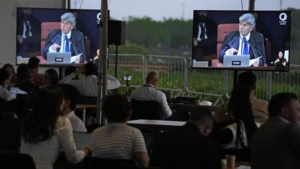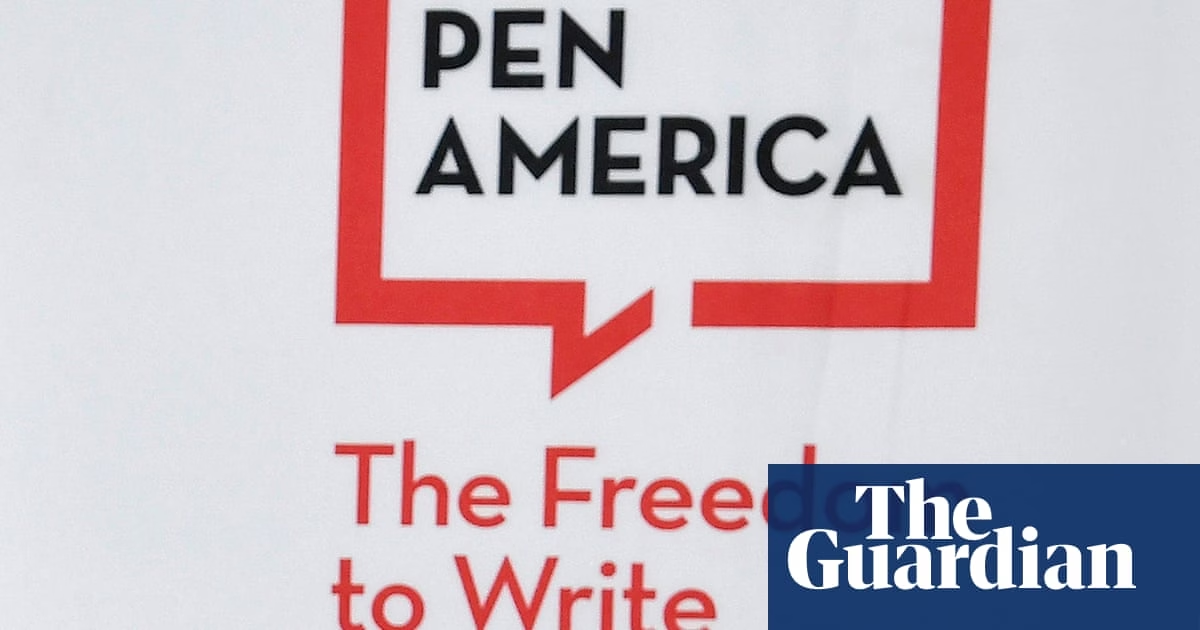<
div>Writers in the United States are facing increasing danger amid a global crackdown on freedom of expression that has spread to countries once known for their openness. This surge in restrictions has been highlighted by PEN America in its latest Freedom to Write index, which reports that the number of writers imprisoned worldwide has risen for the sixth consecutive year to 375 in 2024, up from 339 the previous year.
According to the report, which was released before Donald Trump took office, China remains the leading country in jailing writers, with 118 in custody, a rise from 107. Iran follows as the second-highest, with 43 writers detained, although some who were released did so under conditions that forced them into silence. Israel ranks fifth, with 21 writers behind bars, including eight held in administrative detention—figures that contrast sharply with the country’s self-described status as a democracy.
Other countries prominently jailing writers include Russia, Saudi Arabia, Egypt, and Turkey, a NATO ally and still officially a democracy under the leadership of Recep Tayyip Erdoğan. PEN America expressed concern about emerging threats to free speech from the Trump administration. Though the report does not directly mention specific threats or actions by the US government, it hints at the potential for a future crackdown on academic freedom and open expression.
“As geopolitics continue to shift and authoritarian tendencies spread to countries that were once considered safely anchored in openness, we are seeing that free expression, and therefore writers, are increasingly in the crosshairs of repression in a much wider range of countries,” the report states.
Karin Deutsch Karlekar, director of PEN America’s writers’ program, in an interview, linked this fear to the US government’s recognition of the power of words in affirming truth, giving voice to marginalized narratives, and maintaining social and cultural institutions. She highlighted the alarming implications of such trends on the domestic front, suggesting the current climate is reminiscent of the McCarthyite era’s suppression of dissent.
Karlekar cited the case of Rümeysa Öztürk, a Turkish doctoral student detained and marked for deportation after co-authoring a critique of Israel’s military actions in Gaza, as a concerning example of ideological dissent leading to punishment. She warned that it may only be a matter of time before similar cases appear in the US, potentially serious enough to be included in PEN America’s future reports.
The report and its findings on book bans and academic freedom indicate a growing threat to free expression not only abroad but also within the United States. If the US were to retreat from its role as a global advocate for human rights and freedom of speech, it could exacerbate the situation for writers worldwide.
PEN America’s index typically focuses on writers like fiction authors, poets, singer-songwriters, online writers, and opinion writers, excluding journalists who report news. The
Source: https://www.theguardian.com/books/2025/apr/24/pen-america-writers-censorship








